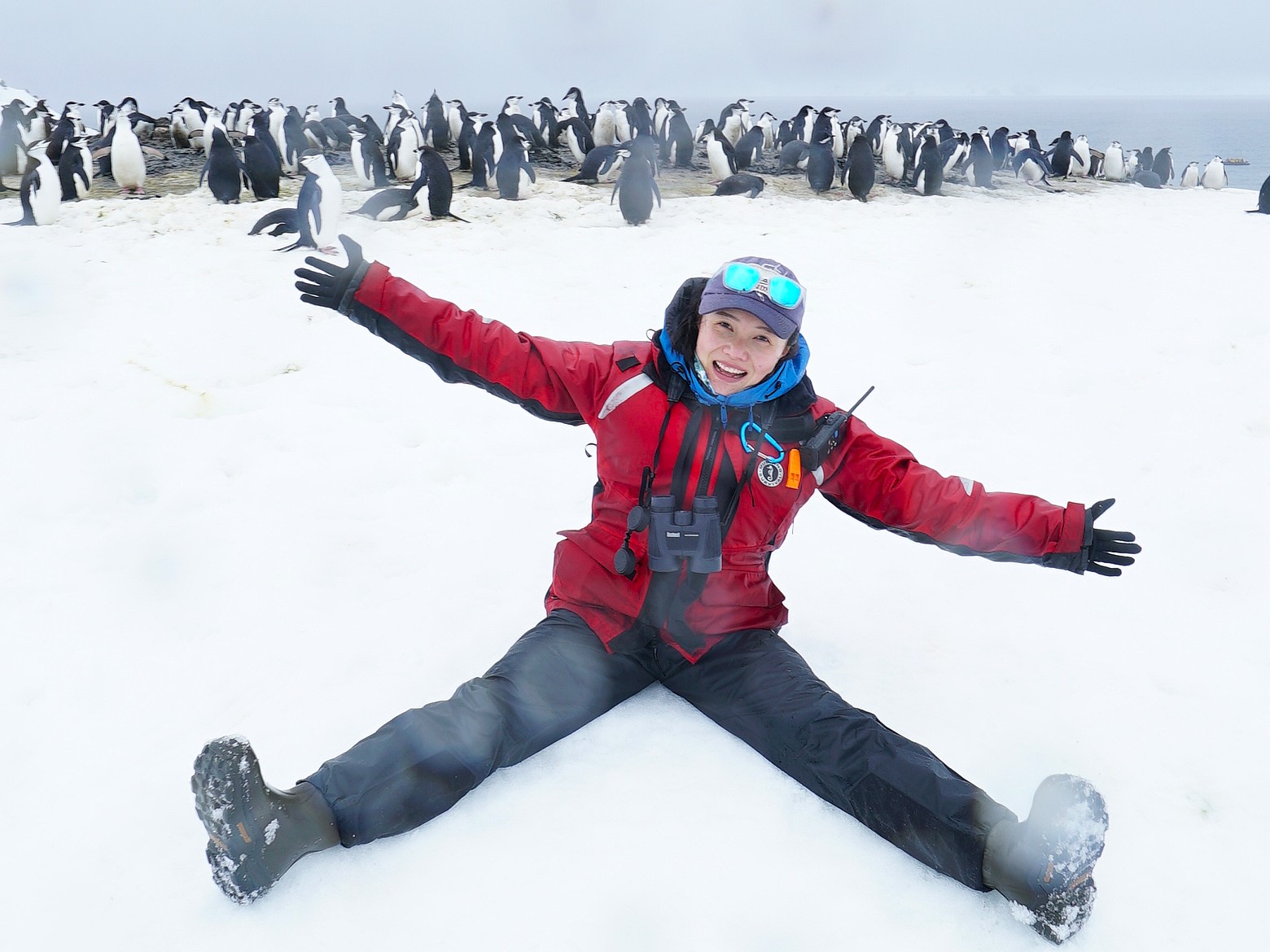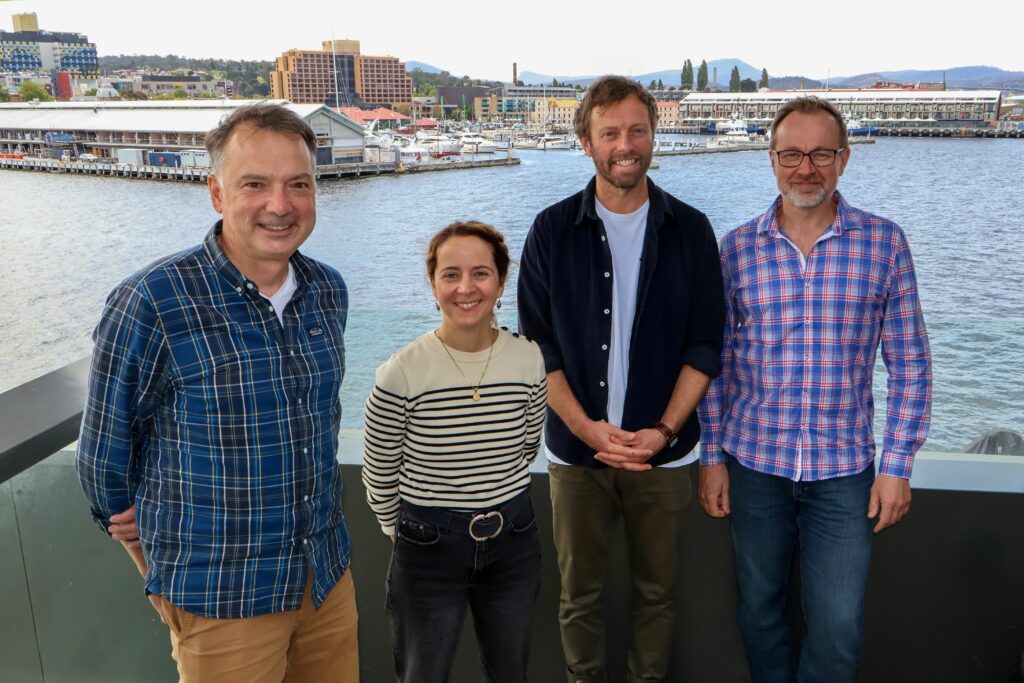Antarctic ice-sheet research lauded by ‘Tall Poppy’ award
20 August 2025
Glaciologist and ice-sheet modeller Dr Chen Zhao – a research associate with the Australian Antarctic Program Partnership in the Institute for Marine and Antarctic Studies – has been recognised as Tasmania’s 2025 Young Tall Poppy of the Year.
The annual Young Tall Poppy awards from the Australian Institute of Policy and Science (AIPS) celebrate the achievements of early career researchers making a significant impact and communicating their science to the broader community.
“Dr Zhao is working to reduce one of the greatest uncertainties in climate change science, how much and how quickly sea levels will rise due to Antarctic ice loss”, the AIPS citation said.

“She develops advanced computer models that capture the complex processes influencing ice sheet dynamics, including subglacial hydrology, ice–ocean interactions, and basal sliding.”
“Her high-resolution simulations and contributions to international efforts like the Ice Sheet Model Intercomparison Project (ISMIP6, a collaboration between ice-sheet and climate modellers) are improving the accuracy and regional relevance of sea-level rise projections.”
“This vital research directly informs climate risk assessments, giving policymakers and communities the tools they need to prepare for and adapt to future coastal impacts”, said the AIPS.
Dr Zhao congratulated the three other finalists, all from University of Tasmania: molecular ecologist Dr Jane Younger from the Institute for Marine and Antarctic Studies, and plant geneticist Dr Chenchen Zhao and agricultural modeller Dr Ke Liu from the Tasmanian Institute of Agriculture.
“Being named one of the finalists was already a wonderful surprise—I truly didn’t expect to receive the Young Tall Poppy of the Year”, she said.
“I’m incredibly grateful for this recognition from the AIPS, not just for myself, but for the broader Antarctic and climate science community I’m proud to be part of.”
“We need more voices, more Young Tall Poppies, to speak up for science, to speak up for Antarctica, and to remind the world why we must limit global warming to 1.5 degrees”, said Dr Zhao.



